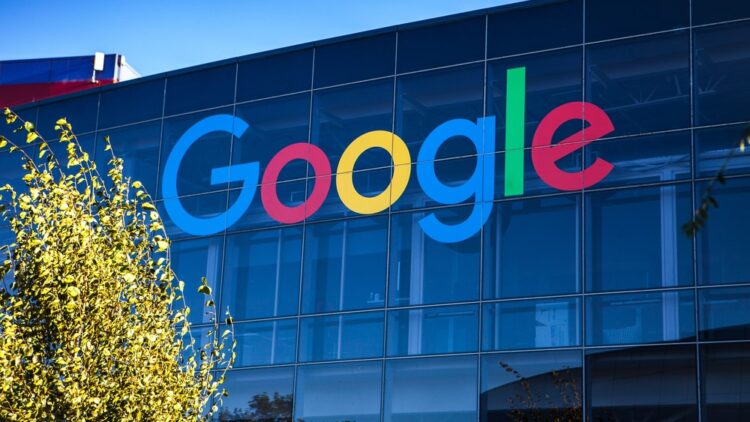
In the realm of hitting the jackpot, being in the right place at the right time and taking a gamble can prove life-changing. One person who embodies this serendipitous combination is Stanford University professor David Cheriton.
While his name may not ring a bell for most, Cheriton stands as one of the luckiest and wealthiest educators of all time. How did a college professor make $10 billion?
It dates to a fateful moment in 1998 when he wrote a check to two of his students — Larry Page and Sergey Brin — to kick-start their visionary venture. The result? The company that emerged from that modest $100,000 seed money — Google Inc., now Alphabet Inc. This single act transformed the life of a college professor and computer scientist in monumental ways.
Born on March 29, 1951, in Vancouver, British Columbia, Cheriton embarked on his academic journey with studies in Edmonton, Alberta, Canada, followed by the University of Alberta. Initially pursuing a dual major in music and mathematics, his path took an unexpected turn when he was denied admission to the music program. Undeterred, he switched gears and completed his degree in mathematics at the University of British Columbia in 1973.
Fueling his intellectual pursuits, he pursued a master’s and a Ph.D. in computer science from the University of Waterloo. It was during his tenure at Stanford University, where he held a professorship, that fate intervened with an intriguing opportunity.
To stay updated with top startup news & investments, sign up for Benzinga’s Startup Investing & Equity Crowdfunding Newsletter
While at Stanford, Cheriton spearheaded a team of computer scientists in developing the V operating system, a microkernel operating system that eventually became a cornerstone of the internet protocol (IP) multicast standard and an invaluable tool for graphical user interface research. This operating system, born out of Cheriton’s prior developments Thoth and Verex, found its greatest utility in research-oriented contexts. Throughout his tenure at Stanford, he continued to delve into operating systems and experiment with network communications.
In 1996, Cheriton and electrical engineer Andy Bechtolsheim, a Stanford Ph.D. graduate who had already achieved success with Sun Microsystems Inc., co-founded Granite Systems. This network-switching company caught the attention of industry giant Cisco Systems Inc., which acquired it for $220 million.
In 1998, when Cheriton, Bechtolsheim, Brin and Page convened on Cheriton’s front porch, Brin and Page unveiled their brainchild — an audacious project they called Google.
Impressed by their vision, Bechtolsheim swiftly wrote a check for $100,000. Inspired by the students’ ambition, Cheriton decided to match the investment, writing his own $100,000 check. Empowered by this initial injection of $200,000, Brin and Page embarked on the development of what would eventually become the immensely successful Google — a name that has even transformed into a verb.
Cheriton’s philosophy revolves around thinking big and making a meaningful impact on the world. A plaque on his desk bears the inscription, “Dr. David R. Cheriton, Chief Superintendent of Saying Important Things.” He steers clear of chasing fleeting market trends, including social networking, and instead remains focused on pursuing breakthroughs that tangibly enhance human lives. For instance, he values how Google assists college students in completing research papers even in the wee hours of the morning.
Making Your Own Bets
For those not well-connected and connections to invest in the next Google, changes in federal law allow anyone to invest in startups. Platforms like StartEngine have emerged allowing everyday investors to participate in startup funding, including investing in StartEngine itself. StartEngine provides opportunities for ordinary investors to back promising startups and share in the upside if they ultimately conduct an initial public offering, or get bought out.
See more on startup investing from Benzinga.
Don’t miss real-time alerts on your stocks – join Benzinga Pro for free! Try the tool that will help you invest smarter, faster, and better.
This article The Professor Who Made $10 Billion By Cutting Google Its First Startup Check originally appeared on Benzinga.com
.
© 2023 Benzinga.com. Benzinga does not provide investment advice. All rights reserved.
[ad_2]
Source link







